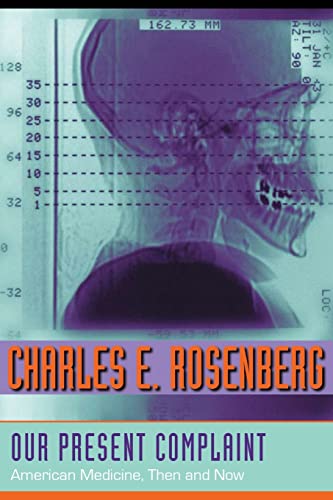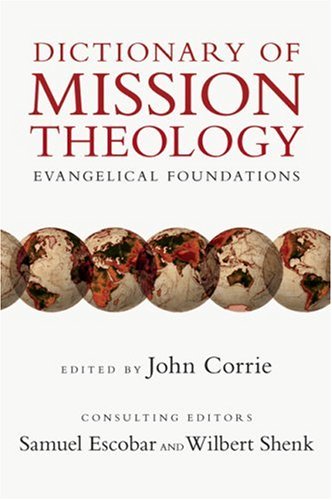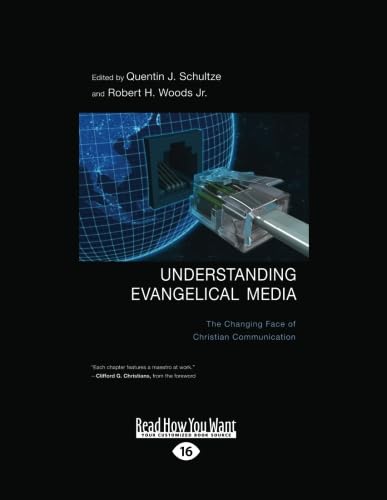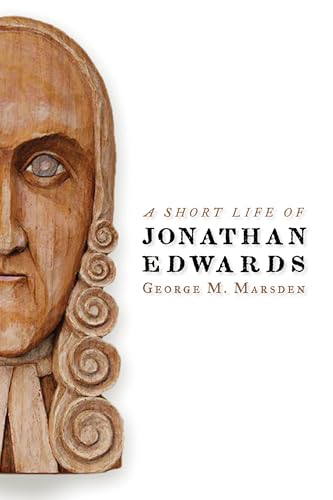Vinculum Amoris: A Theology of the Holy Spirit
Written by David T. Williams Reviewed By David G. FirthWith the rise of Pentecostalism, the Charismatic movement, and more recently the so-called Third Wave churches, the days when theologians regarded the Holy Spirit as the shy or retiring member of the Trinity are now largely behind us. Especially in more popular publishing, there is an expanding body of literature on the Spirit while at the same time disputes about the work of the Spirit have been at the heart of many disputes among Christians. Williams seeks to chart a path through these disputes by operating with Augustine’s description of the Holy Spirit as Vinculum Amoris, or ‘the bond of love.’ Although there is a brief discussion of the Trinity near the end of the book, Williams is not particularly concerned with developing a theology of the person of the Spirit so much as employing Augustine’s model to explore the work of the Spirit.
After two chapters in which he outlines the relevance of Augustine’s model, Williams explores a series of theological themes that develop from this starting point. The areas addressed are salvation, filling with the Spirit, the sacraments, ethics, prayer, slaying in the Spirit, the Spirit in the world, Scripture, resurrection, and the importance of the benediction in 2 Cor 13:14 for our understanding of Trinity. The survey of topics shows the concern to explore the work of the Spirit, and for each Williams employs the model of the Vinculum Amoris as a means for resolving disputes among Christians over the Spirit’s work. Although many of these disputes are located within western Protestantism, Williams does not shy away from matters that reach into the fundamental division of the church between East and West. Although Williams employs the one model, each of these theme studies is essentially an independent piece, so a student wanting to explore, say, slaying in the Spirit could do so by reading the first two chapters and then the one on that topic. For this reason, the book’s conclusion struggles slightly because of the independence of each topic, though it is not lacking in insight.
The structure for each topic is also reasonably consistent, with Williams attending both to biblical material and wider discussions in systematic theology. Williams’ initial theological training as an OT scholar is evident from the skill with which he considers a range of texts, but he is also adept at bringing this material into dialogue with contemporary issues. An engineer before he commenced his theological studies, he also draws on his knowledge of science in explaining matters. There is also a refreshing concern to demonstrate the abiding relevance of the material, though it would have been good to see a little more how the author’s grounding as a white European in a traditionally black university in South Africa has shaped his work. Where these points do arise they help to earth his discussions more thoroughly, showing the importance of context for theology. One minor weakness is that Williams sometimes introduces technical terms without fully explaining them. For example, perichoresis is mentioned a number of times without ever being explained, while his discussion of the relative merits of the subjective or objective genitive in 2 Cor 13:14 will leave those without Greek rather perplexed. But for the most part, this is a balanced and thought-through treatment of a theme of abiding theological significance.
David G. Firth
David G. Firth
St John’s College
Nottingham, Nottinghamshire, UK
Other Articles in this Issue
For Ezra had set his heart to study the Law of the LORD, and to do it and to teach his statutes and rules in Israel (Ezra 7:10)...
Salvation History, Chronology, and Crisis: A Problem with Inclusivist Theology of Religions, Part 2
by Adam SparksA fundamental requirement in an inclusivist understanding of the relationship between Christianity and other religions is evidence of God's salvific activity outside of any knowledge of Christ...
The Center of Biblical Theology in Acts: Deliverance and Damnation Display the Divine
by James M. Hamilton Jr.Acts 1:1 opens with a reference to what Jesus "began to do and teach"1 recounted in the Gospel of Luke, indicating that this second volume will carry the narrative of Jesus' actions and teachings forward...
Shared Intentions? Reflections on Inspiration and Interpretation in Light of Scripture’s Dual Authorship
by Jared ComptonIt was not too long ago that Kevin Vanhoozer answered the question Is There a Meaning in This Text? by relocating meaning in authorial intention,1 doing so even more robustly (not to mention, evangelically) than E...
The original question I was asked to address was "How does our commitment to the primacy of the gospel tie into our obligation to do good to all, especially those of the household of faith, to serve as salt and light in the world, to do good to the city?" I will divide this question into two parts: (1) If we are committed to the primacy of the gospel, does the gospel itself serve as the basis and motivation for ministry to the poor? (2) If so, how then does that ministry relate to the proclamation of the gospel?







